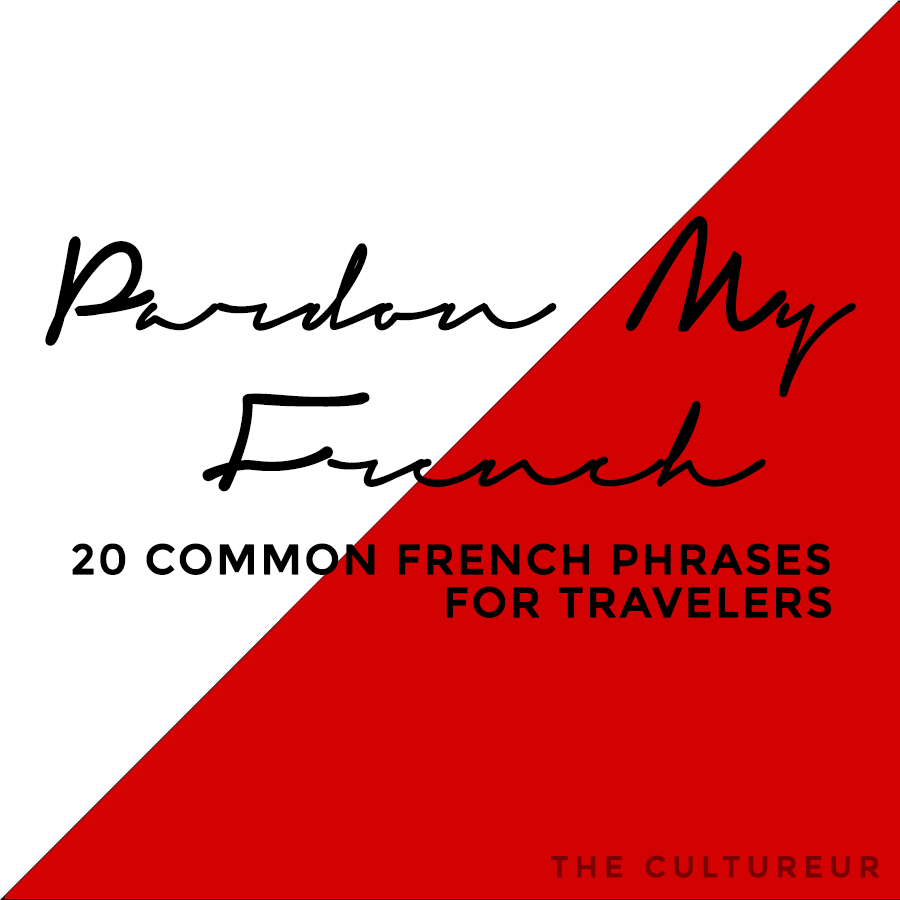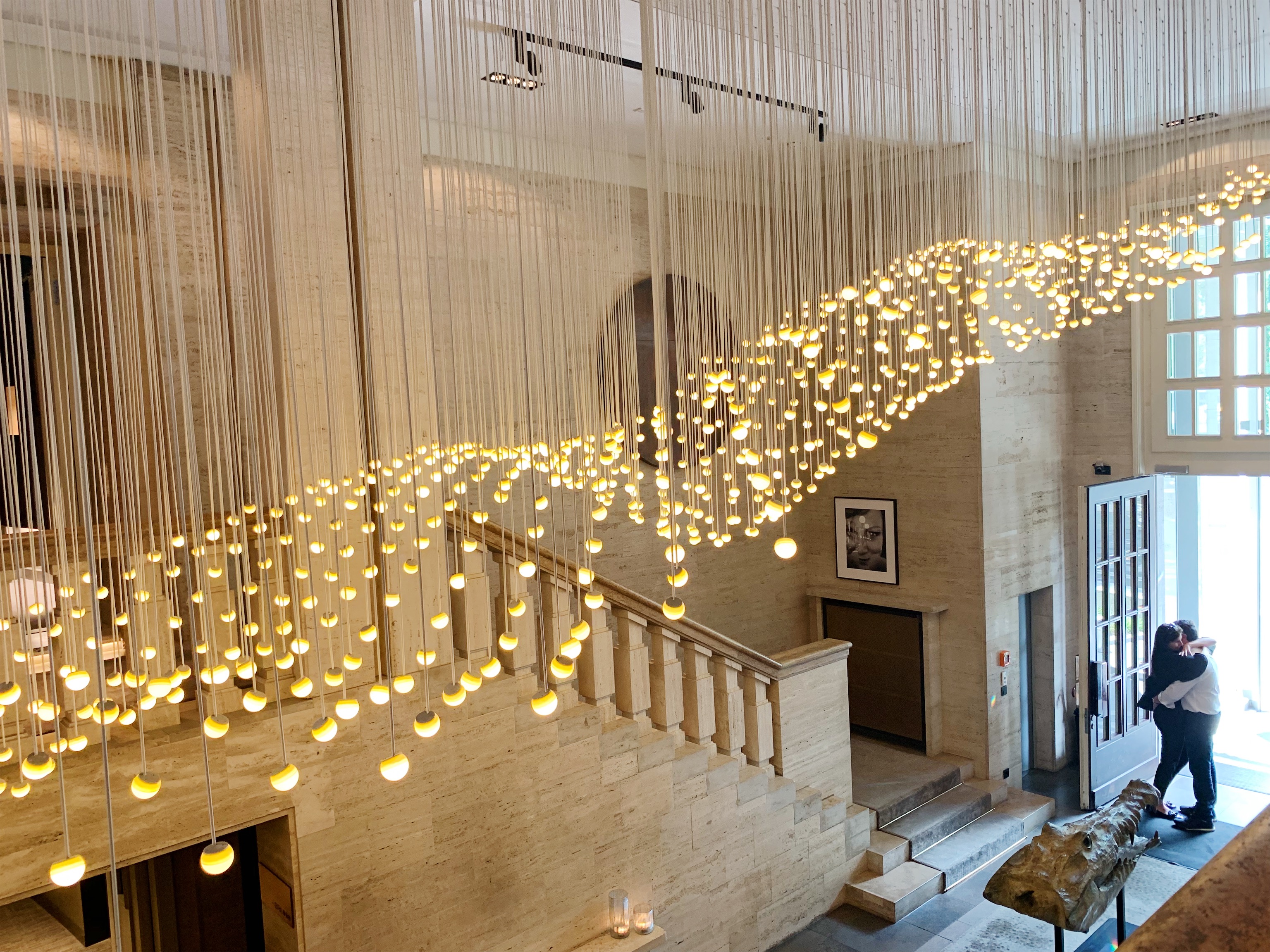Of all the languages I’ve learned, French has undoubtedly been the hardest. When I first moved to Paris, I didn’t speak French very well, though I added words to my budding French lexicon daily. I had 8 years of high school and college Spanish to thank for my relative facility with the vocabulary and grammar construction.
The shared Latin roots of English and French also made me think that if I didn’t know the French word, I could get away with using the English word in a heavy French accent. Three out of ten times, it worked. But enter the beloved faux amis, or false cognates, and it wasn’t always a lifesaver. Je suis excité! — I may have intended to express my excitement for something, but to the French ear, I just said, “I’m aroused!” It took a few embarrassing, albeit hilarious situations to discover the difference, but I now know better than to befriend a cognate again!
False cognates aside, French, as gorgeous and romantic as it is, is not an easy language to grasp or speak. In fact, most times, written and spoken French seem like two entirely different languages. But learning a few basic phrases can make all the difference in your travels and can even shelter you from the infamous rudeness that is often associated with France. Simply trying to speak shows reverence for their culture and appreciation for the language — a gesture the French fully support.
Always open with a polite bonjour (hello or good morning) or bonsoir (good evening), depending on the hour of the day. Even if you’re only going to ask a quick question, it’s respectful to acknowledge and greet the person first. Also, it’s likely that once they hear your accent, they will switch to English, but you have to take the first step. Don’t forget the merci beaucoup (thank you very much) afterwards.
Leave your inhibitions at home. Remember these common phrases. Befriend false cognates, if you must. But at the very least…TRY.
-
Pouvez-vous m’aider, s’il vous plaît? = Can you help me, please?
-
Répétez, s’il vous plaît. = Repeat that, please.
-
Comment vous appelez-vous? Je m’appelle… = What’s your name? My name is…
-
Combien ça coûte? = How much is it?
-
Je vais prendre… = I will take… (when ordering in a restaurant)
-
Nord/sud/est/ouest = North, south, east, west
-
Je ne comprends pas. = I don’t understand.
-
Je ne parle pas français. = I don’t speak French.
-
Parlez-vous anglais? = Do you speak English?
-
Je cherche le bus/train/métro. = I am looking for the bus/train/subway.
-
Où est…? = Where is…?
-
Je ne sais pas. = I don’t know.
-
Ça marche. = That works.
-
Bien sûr. = Of course.
-
Je suis désolé(e)! = I’m sorry!
-
Où sont les toilettes? = Where are the bathrooms?
-
Avez-vous le WiFi? Quel est le mot de passe? = Do you have WiFi? What is the password?
-
Pouvez-vous prendre notre/ma photo, s’il vous plaît? = Can you take our/my photo, please?
-
Je voudrais réserver/acheter un billet pour… = I would like to reserve/purchase a ticket for…
-
Zéro, un, deux, trois, quatre, cinq, six, sept, huit, neuf, dix = 0, 1, 2, 3, 4, 5, 6, 7, 8, 9, 10
Au revoir/À bientôt! (Good bye/See you soon!)









